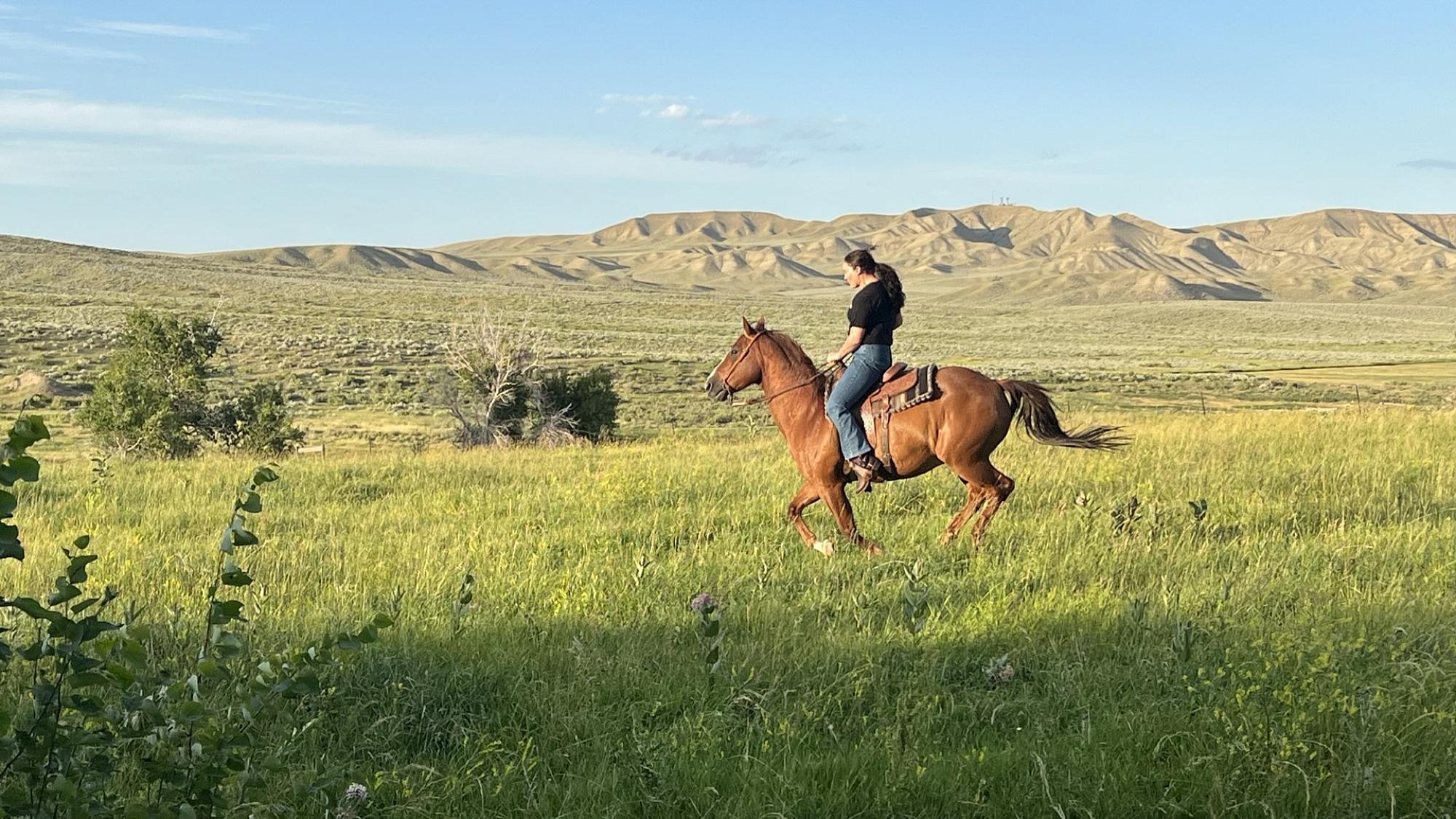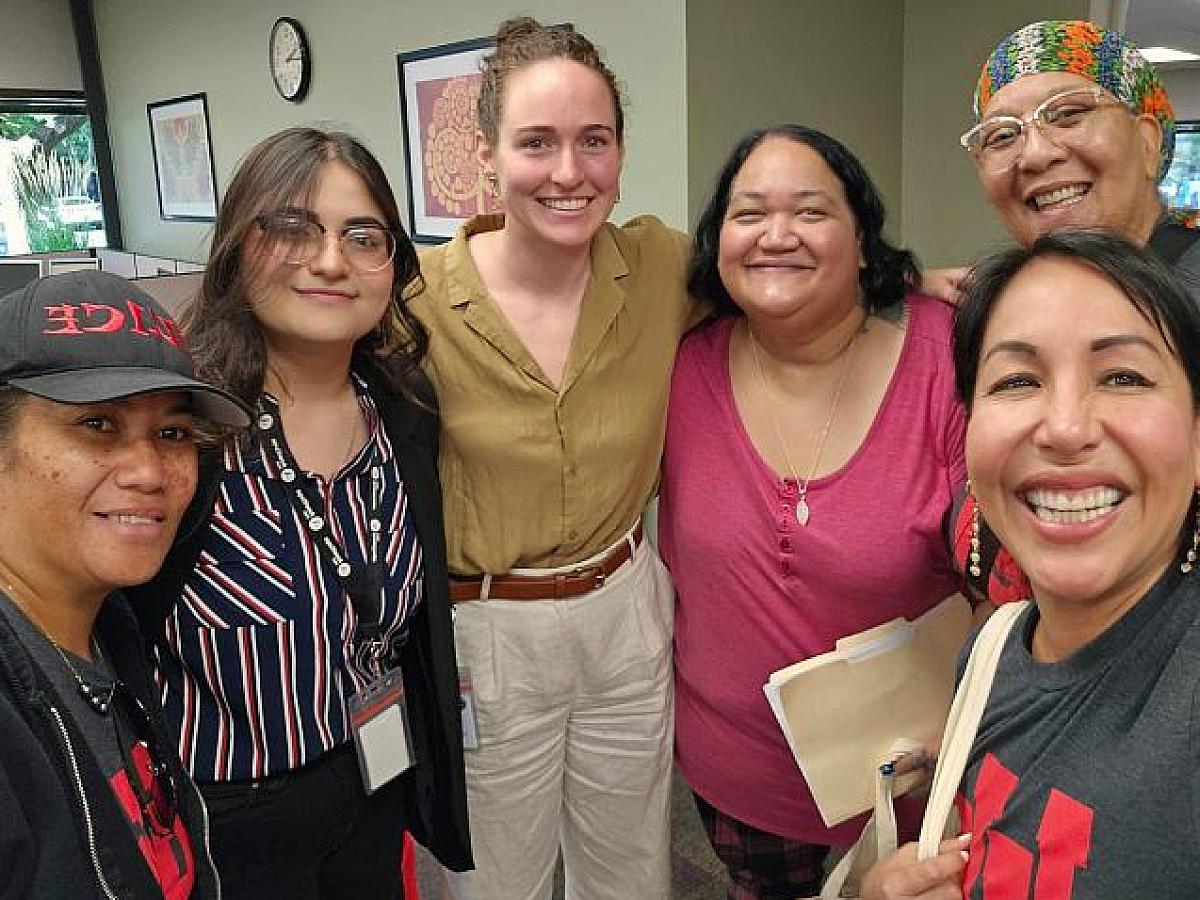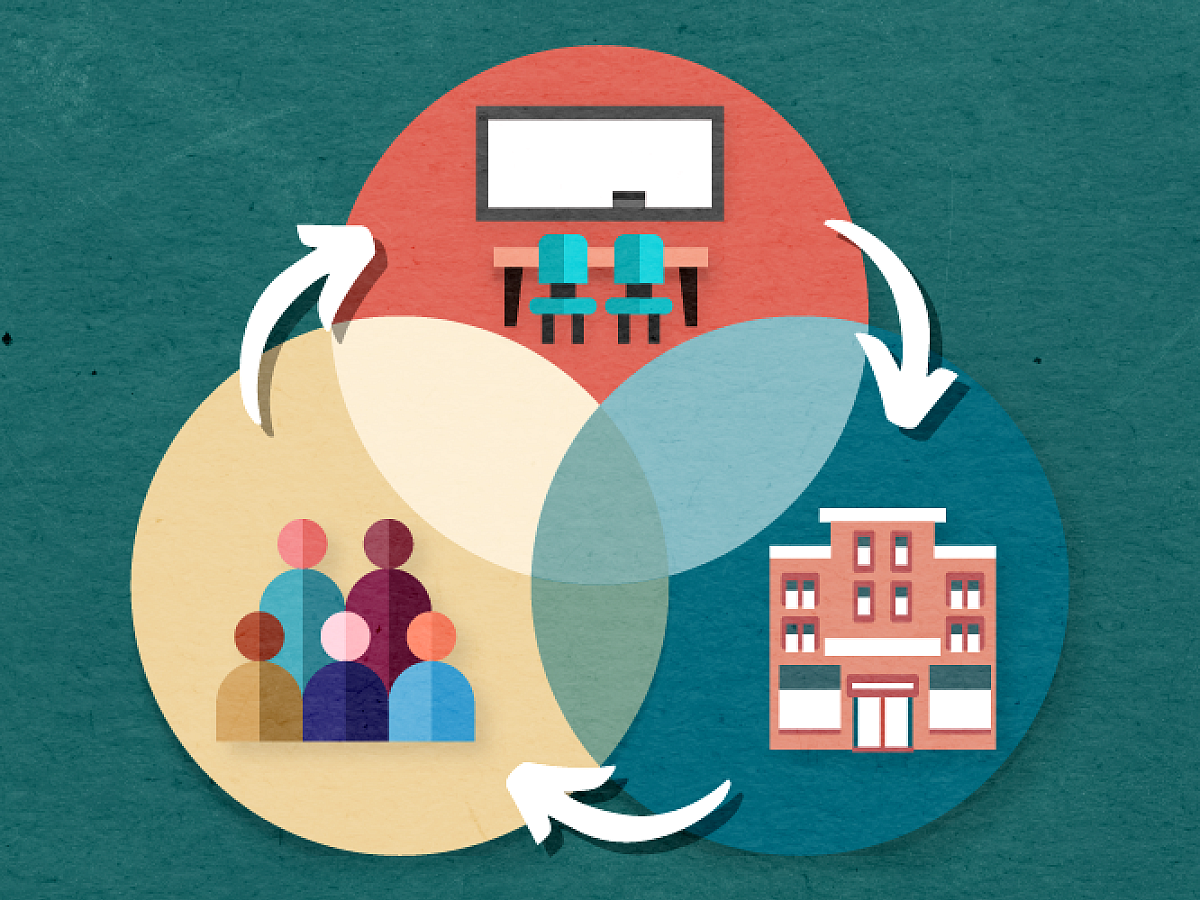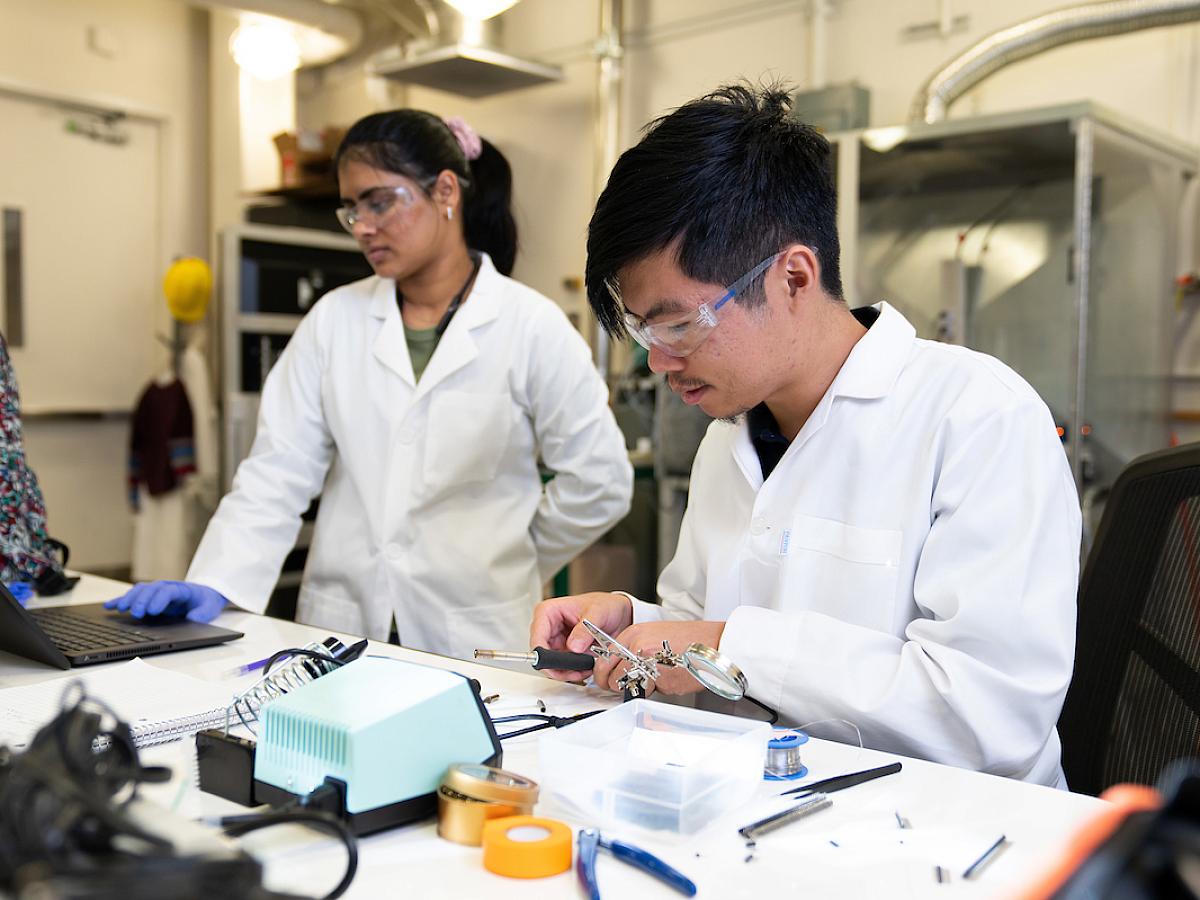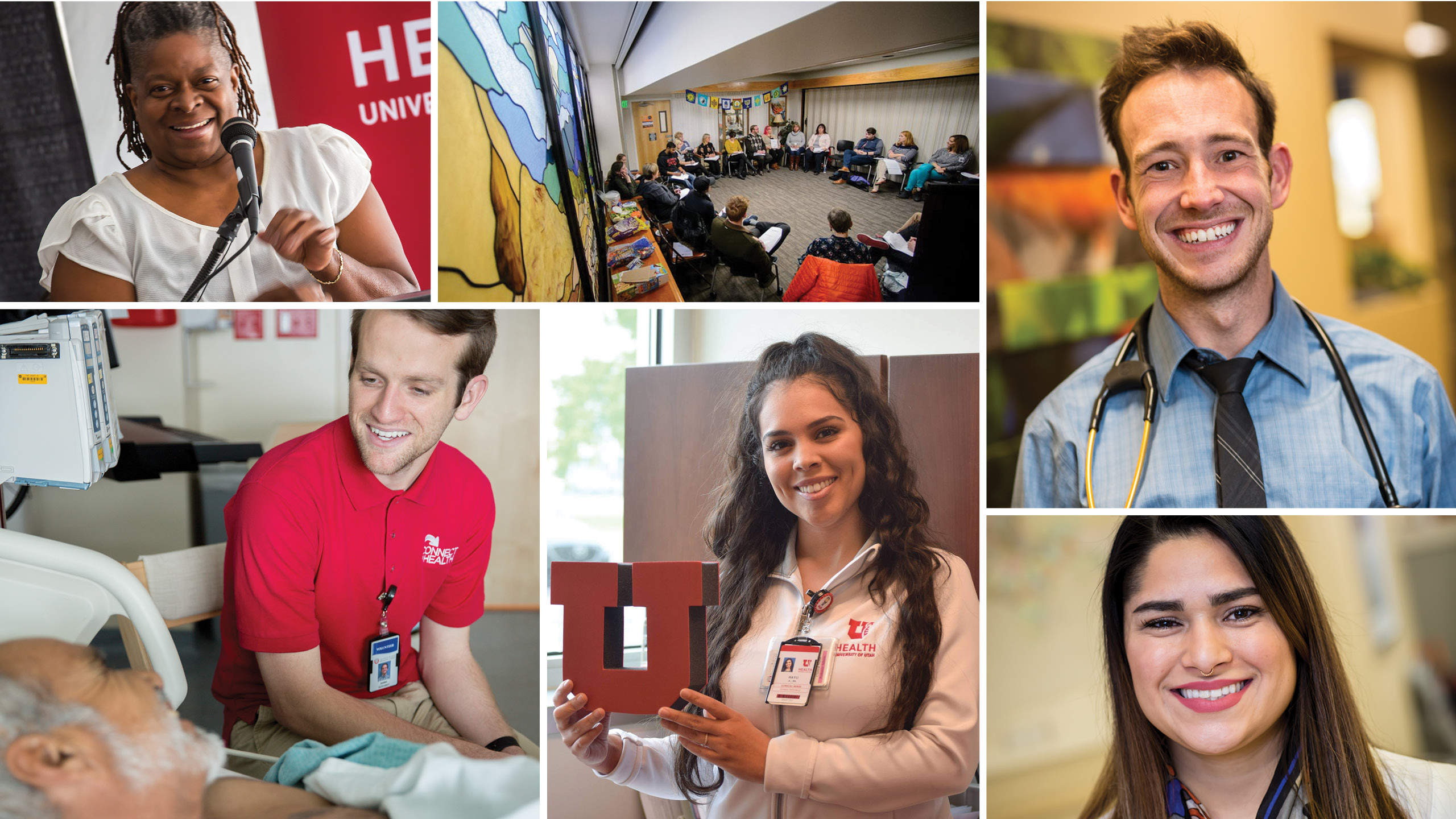Top Stories
Community Health Workers' Role in Medical Education
Integrating community health workers into the new MD curriculum is building a generation of physicians with greater empathy, and cultural humility.
Cultural Wealth: From Classroom to Clinic to Community
Educators Kerri Shaffer and Nina Feng leverage community cultural wealth to transform healthcare education for a more inclusive future.
Protecting Kids From Worstening Pollution in Utah
Airborne dust is becoming a growing air quality challenge in Utah. Engineer Kerry Kelly, PhD, is deploying monitoring equipment to forecast hazardous pollutants.
Profiles in Excellence
We believe that every individual deserves equal opportunity to live a healthy life. We recognize we have a long road ahead to meet that goal. But the individuals and organizations included below are humbled and honored to partner with passionate Utahns who share our commitment to creating a brighter future.
“He who has health, has hope; and he who has hope, has everything.” –Thomas Carlyle
Hayli Acosta
The story of how one woman found hope, help, and acceptance at South Main Clinic's Teen Mother & Child program- and then paid it forward by returning to work there.
Redwood's HIV PrEP Clinic
Providing HIV treatment and prevention to at-risk populations throughout the state, the free HIV PrEP Clinic offers treatment based on need-not a patient's ability to pay.
VA Expansion at South Jordan
A new generation of veterans deserves better access to world-class care. The ongoing partnership between VA Salt Lake City and U of U Health will soon deliver it to South Jordan Health Center.
Anna Gallegos
Utah's refugees hail from 46 countries, speaking 90 languages-but all receive personalized care at Redwood Health Center thanks to the extra effort of Anna Gallegos and her team.
No One Dies Alone
Volunteers from No One Dies Alone bring dignity to the end of life and offerintimacy in passing to University Hospital patients who may be disconnected from family or friends.
Connect2Health
U of U Health student volunteers bridge the gap between patients in need and available community resources at health centers, clinics, and hospitals around Salt Lake Valley.
